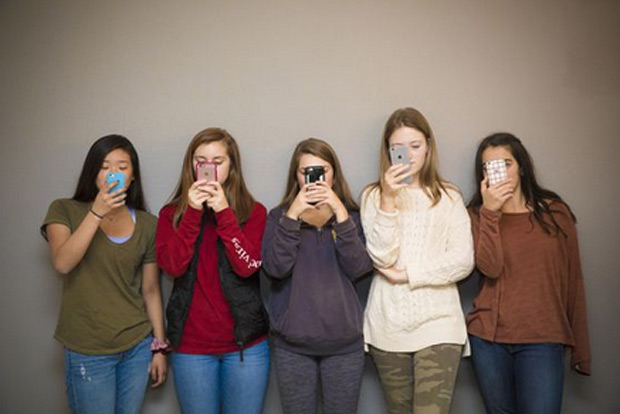Once again, the Covid-19 pandemic will have served as a revelation. As school education shifted online, nearly a million students dropped out and broke off contact with their teachers. In a note, the think tank Terra Nova recalls how digital can become “ a new crucible of inequalities, by reinforcing the social divide and creating a two-speed society, between digital winners and losers. »
The Very High Speed plan has made our country one of the most connected in Europe. With its around thirty unicorns, the French digital economy is doing well. France has even become, in 2022, the leading destination for venture capital investments according to an EY barometer.
At the same time, more than 16 million French people remain distant from digital technology, three million more than in 2017. This means that almost a quarter of the population does not feel comfortable using it. digital tools, sometimes giving up on doing things online such as a purchase or an administrative task.
20% of young people concerned
This phenomenon of illectronism, a neologism designating digital illiteracy, affects all strata of the population. Young people are also concerned, “ 20% of them are not connected or encounter difficulties with digital uses”. With their eyes glued to their smartphone, they use the computer less than their elders and therefore have a deficit in certain skills, such as mastery of office tools.
The digital divide can also be explained by the rise in standards such as the use of new collaborative tools such as videoconferencing with the generalization of teleworking and, tomorrow, generative AI. It can contribute to social downgrading, by complicating access to employment and public services, which are increasingly dematerialized, and by promoting disinformation through misuse of social networks.
As Terra Nova notes, this digital divide is fueled, in certain segments of the population, by under-equipment with terminals, limited access to mobile and fixed networks and a lack of mastery of basic skills such as using a word processor. , send an email or search on the internet.
A social rate for accessing the internet
Based on these findings, the think tank issues several recommendations. It proposes to guarantee the continuity of internet access, by requiring operators to set a maximum time limit for restoring fixed networks in the event of an outage, but also to provide the most modest households with a social tariff of very high speed internet access.
While beneficiaries of social minimums have long been granted a reduction on their telephone subscription, combined telephone-internet-television offers are often too expensive and unsuitable (automatic direct debit, long commitment period, etc.).
With inflation, the average bill for high or very high speed (ADSL, optical fiber) has even increased by 1.3 euros in 2022 to reach 34.50 euros excluding tax per month according to the latest edition of the Arcep observatory. Terra Nova mentions a social rate of 14 euros excluding tax per month or, to give households more choice, a reduction in market subscriptions which could be 50%.
On the model of water and electricity, a right to maintain the internet connection at home in the event of unpaid bills could also be established. The law for a digital Republic (2016) envisaged that people experiencing occasional difficulties paying their internet bills would be entitled to assistance from the community via the Housing Solidarity Fund (FSL) managed by the Departments. A device that has been tested but never generalized.
Do not reproduce the “tablet plan” error
To resolve the problem of under-equipment in certain homes – a computer shared by all its members – Terra Nova recommends not replicating a policy of mass distribution of electronic products based on the model of the 2015 “tablet plan” for middle school students who “ proved very expensive and ineffective as many students already had their own equipment. »
Conversely, the think tank suggests implementing a targeted policy of aid in the purchase of equipment for disadvantaged populations, on the basis of social criteria such as scholarship students. Checks could be distributed, possibly via the existing Digital Pass system. This aid could be directed primarily towards reconditioned products, as part of an ecological transition approach.
Regarding the development of digital skills at school, Terra Nova proposes to introduce new learning methods such as that of School 42 which promotes project-based teaching and peer assessment. It is not a question of banning generative AI tools like ChatGPT in primary and secondary education, but of regulating their use.
CNFS, digital pass, Pix
In the fight against electronicism, France is not starting from zero. As part of France Relance, 4,000 France Services Digital Advisor (CNFS) positions have been created. From town halls, media libraries, retirement homes or social action centers, these advisors help French people complete their online procedures and support them “ towards digital autonomy “. They can also give them a Digital Pass to benefit from free training.
The Pix program allows you to assess your level of mastery of digital uses online, to develop missing skills through personalized exercises and then to obtain a certification which enhances your CV. On the association side, Emmaüs Connect acts in favor of digital inclusion by offering means of access at a solidarity price, reconditioned equipment and free learning of essential skills.
